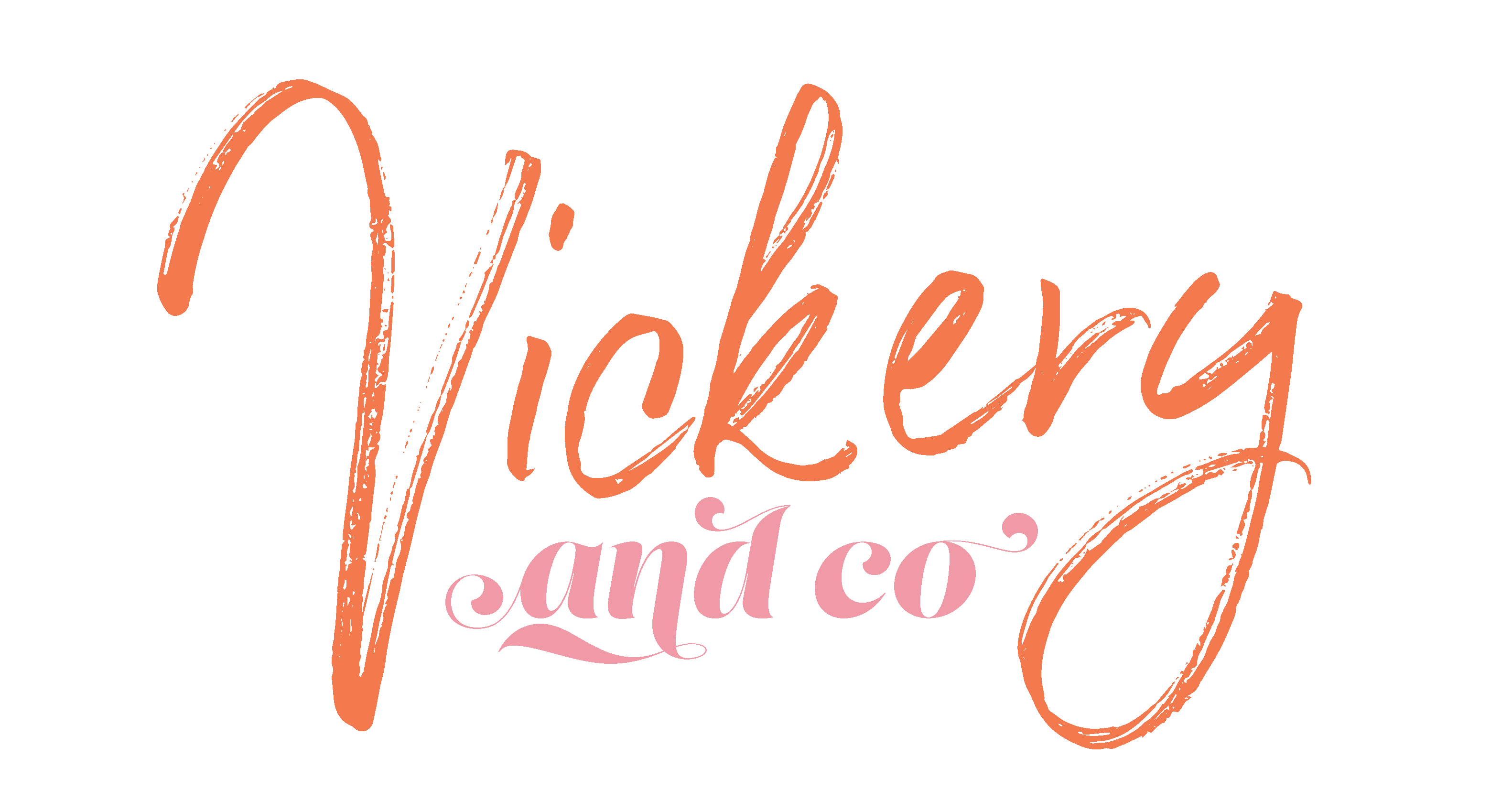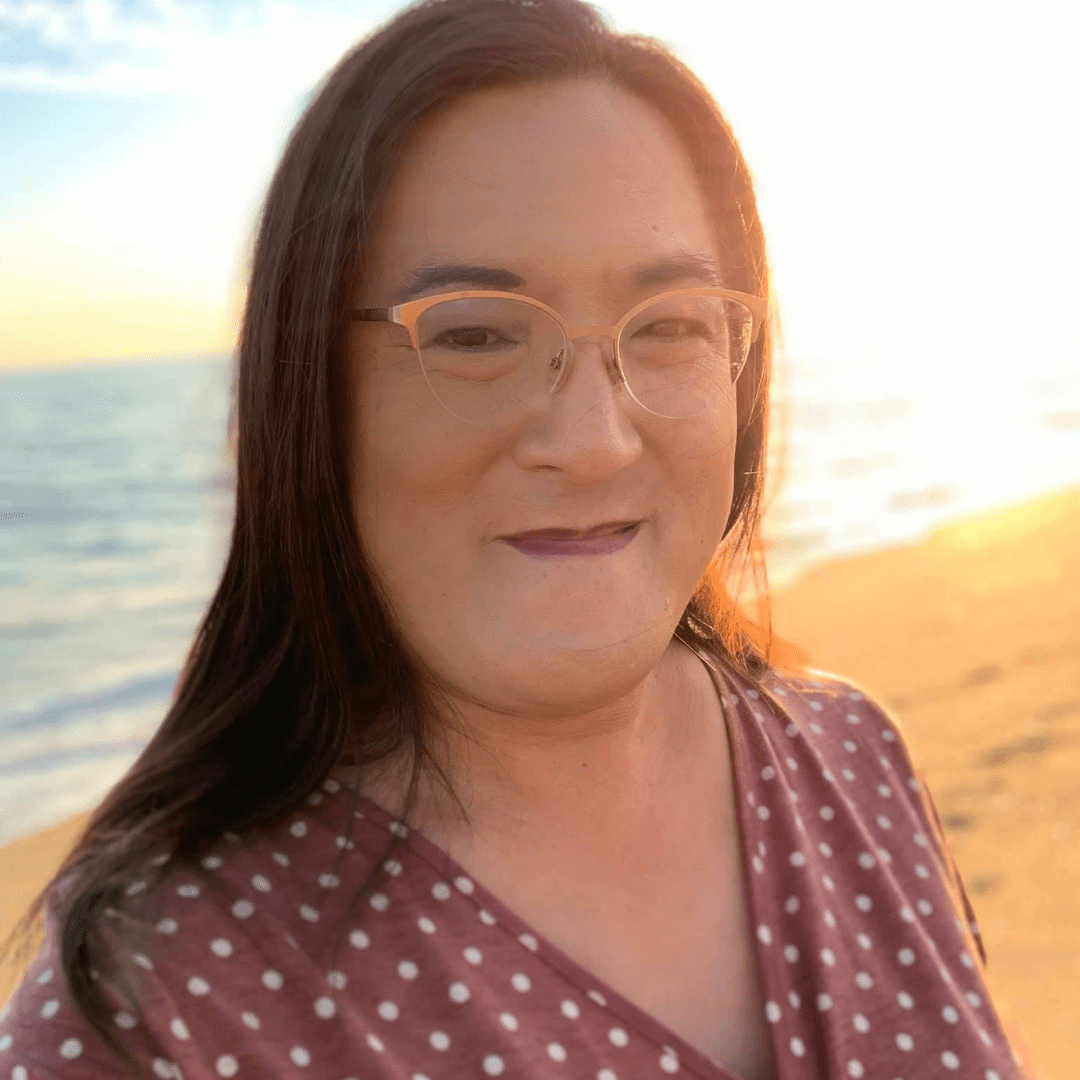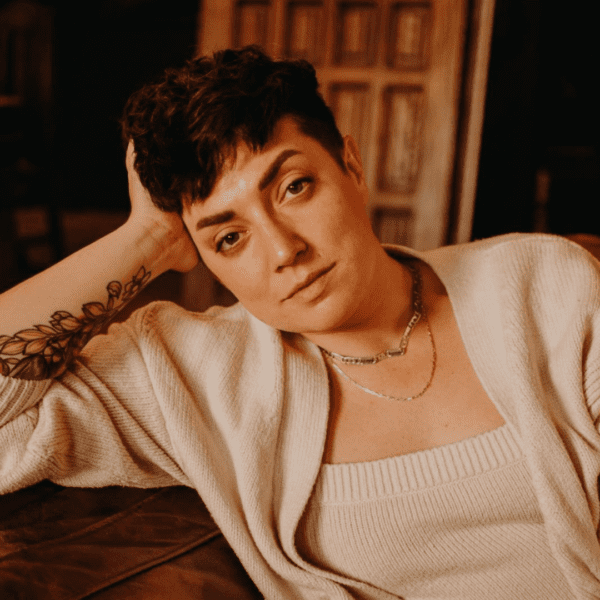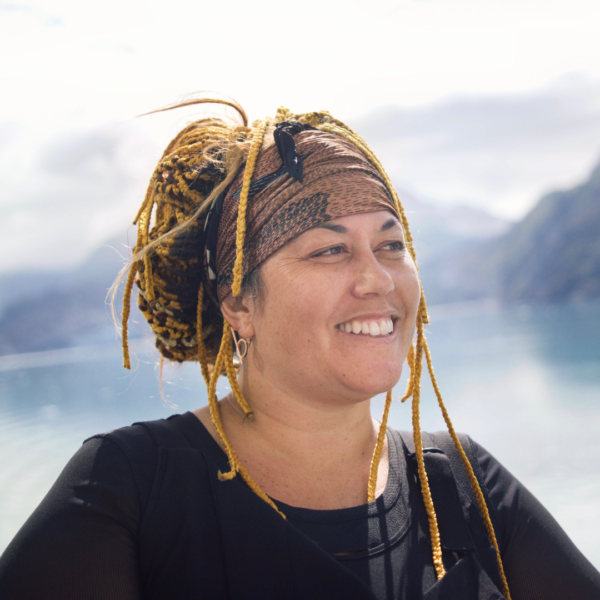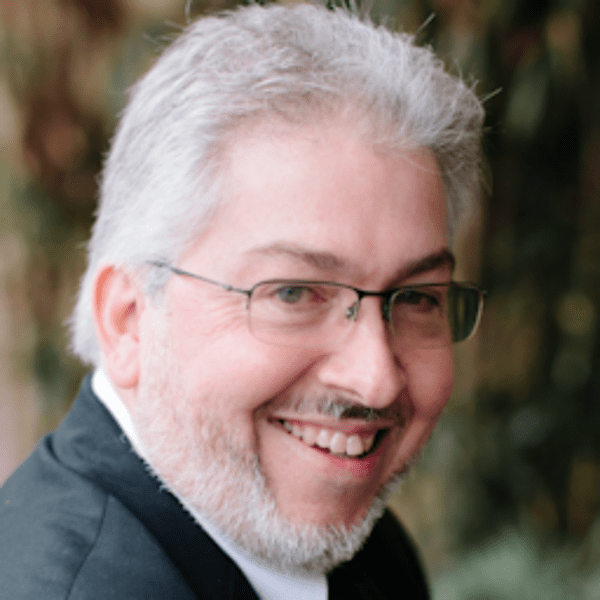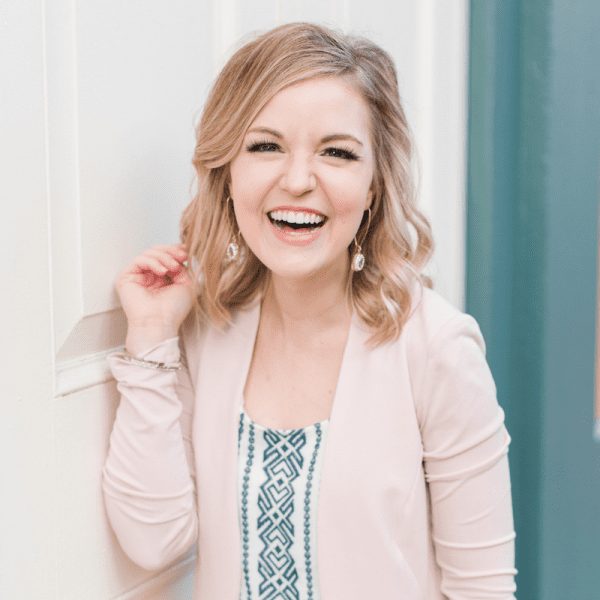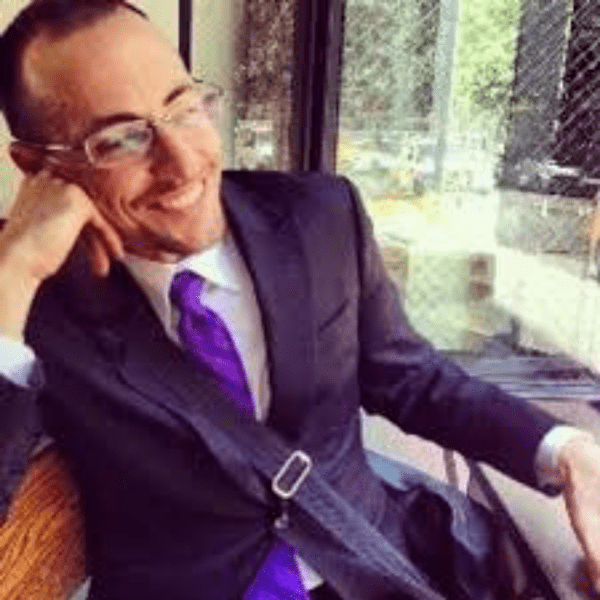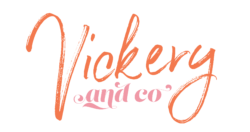Gender Trouble
Though Ellie Dote grew up believing that she was a boy, she always knew something was different about her. Growing up, she had lots of female friends and gravitated towards conventionally-feminine pastimes. Her peers teased her for it. They called her gay. She felt ashamed, and that shame snowballed when a teacher raised a red flag to her parents during a parent-teacher conference. They said that Ellie's behavior was strange because she wasn't playing with the “other boys.” She felt unmoored, unable to hang her hat on an identity that felt right for her.
Ellie found solace in music. She played the piano, so she started playing at her local Catholic parish. Ellie says she never felt more accepted than she did as an accompanist. “I had a talent, and people saw me as that talent,” she explains. But as she continued to pursue music ministry, her feeling of un-belonging persisted. “Church wasn't making it go away,” she says.
Church as an Escape
Then, after three years at an all-boys Catholic high school, she left for public school. Here Ellie made friends with Evangelical Christians and she became fascinated by their faith. Evangelicals value the individuals' relationship with God, and Ellie wondered if she felt out-of-place because her own relationship wasn't strong enough. She got involved with the church any way she could in an effort to strengthen her connection to God. First, she attended Bible study nightly then began working at the church. She even went to Bible college and became a pastor. During this time, she married a woman, both of them under the impression that Ellie was a man. Ellie share's a heartbreaking story of reffering one of her parishioners to conversion therapy – that's how deeply hiden and afraid she was.
Lingering Doubts
Ellie was a pastor for a year and a half until she took a job as a full-time graphic designer for a church in the Bay Area. At that point, Ellie felt burnt out. “As I began to burn out on my faith, which, in essence, had been keeping me busy, all those questions started flooding back.” Without friends or family in the Bay Area, she had no one to confide in about her identity crisis. What's more, this was during the Prop 8 battle, where California was voting on the issue of gay marriage. It felt hypocritical to turn to the LGBT community while affiliated with the Evangelical church. She felt cornered and it wouldn't be an understatment to say Ellie has experienced significant religious trauma.
Hopelessness and Comfort in the Shadows
Feeling alone, lost and helpless, Ellie turned to the anonymous comfort of strangers. She ended up in a bathhouse, where she realized that she wasn't attracted to men. She cried out to God, asking, “Am I the only gay guy that's not attracted to men?”
It took another ten years after her experience in the bathhouse before Ellie realized she is a woman. In the meantime, she fell into a deep depression and her health was increasingly poor.
Skin lesions appeared and she wrote them off as a side-effect of her job at a local waterpark. The lesions eventually spread to her throat and prevented her from eating. Her weight dropped to just 95 pounds and the doctors struggled to diagnose her. Nothing they offered alleviated her symptoms.
Finally, some answers
After a series of blood tests, Ellie finally got her answer. She got a call from her doctor, who urged her to come to his office immediately. There, he diagnosed her with HIV.
By the time they caught it, Ellie was close to death. HIV is a virus that affects a person's immune system. It attacks white blood cells (T-cells), the cells that help our bodies fight disease. A healthy adult's T-cell count ranges from 500 to 1,200 cells/mm3. Ellie's count was 26.
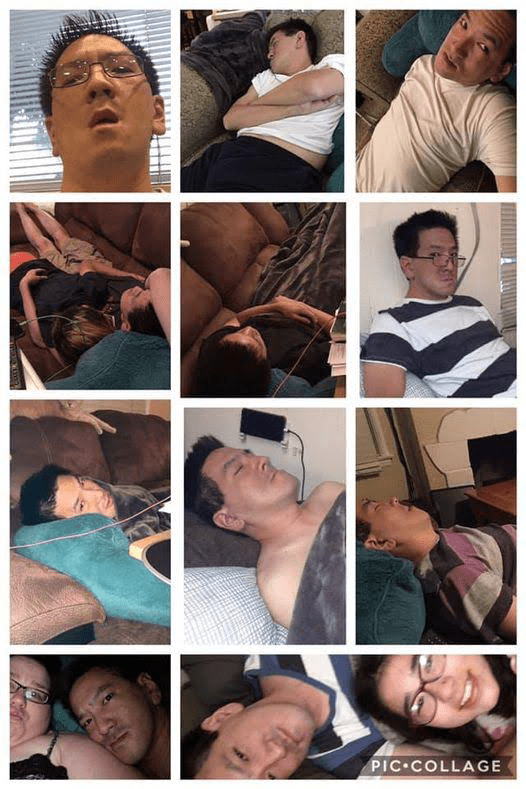
It was hard for Ellie to tell her wife about her diagnosis. Especially because she'd never told her about her experience her sexual exploits and extramarital relationships. At the time, both of them thought Ellie was a straight man—But straight men don't typically need to make sure they're straight. She couldn't explain herself. Having this difficult and heartbreaking conversation is what, eventually, lead Ellie to start looking for answers.
Thanks to modern medicine, HIV is no longer a death sentence. So, with a diagnosis in hand and proper medical treatment, Ellie's luck changed. Now, the virus is undetectable in her system, and she can't transmit the virus to anyone.
Coming Out as Ellie
Before this point, Ellie's only exposure to the trans community was through the overlapping (but not identical) drag community in her town of Fresno. But she didn't identify with the drag community, so she wrote the possibility of being trans off. It wasn't until she searched online that she found trans narratives that mirrored her experiences. Google brought up quizzes—Quizzes with titles like, “Am I trans?” She took several of them, and it finally became clear to her that she is a woman.
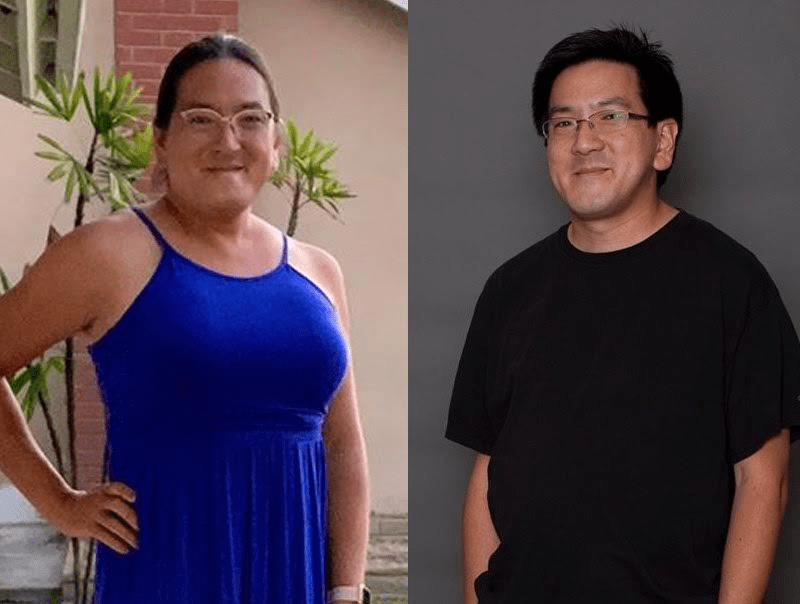
Sharing Her Story
As a fully-realized transgender woman, Ellie never thought she'd step into a church again. But when a friend invited her to a women's group at her church, Ellie found herself back in the religious arena once more. She describes what happened as a “religious experience.” She felt compelled to share her story, to speak personably to other religious people, and ask them to interrogate their prejudices. She's successful at times: She once developed a rapport with a Southern Baptist Minister, a denomination that condemned transgender people in 2014. While the church still holds to a conservative viewpoint, Ellie has faith that her conversations opened that church's eyes to the humanity of LGBT people. “I know I'm walking into areas where I might not be welcome, but it's not much different from me being out in the street, trying to tell people about Jesus.”
Ellie deeply believes that these conversations will help many others heal their own religious trauma.
Determined to Do Better
To put it mildly, her coming out understandably disrupted her personal life. After trying to make it work, she divorced her wife, and one of her children doesn't speak to her anymore. Thankfully, her parents came to accept her identity.
It took a while for Ellie to be open about her HIV status, but now she wants to share her story with the world. “I share my HIV status because I want people to realize that this is what happens when we don't make room to talk openly about [identity],” she says. “It's important we have these conversations so we're not forced to go into the shadows and endanger our lives.” Speaking about her life led to writing about her life, and she's now in the process of getting her memoir published. She’s since made amends with the parishioner she referred to conversion therapy. After years of struggle, she’s now working on celebrating herself and her journey.
Get to Know Ellie!
Ellie Dote is a self-identified “openly Queer Transgender Christian woman.” She writes and speaks passionately about her experiences with Christian violence against LGBTQ people. She believes that stories can help us learn more about ourselves than we might think. It’s for this reason that Ellie shares her story. You can learn about Ellie in her own words on her blog or on her Twitter. If you’re interested in Ellie’s work as a graphic designer, you can check out her business, EllieGirl® Creations, here.







